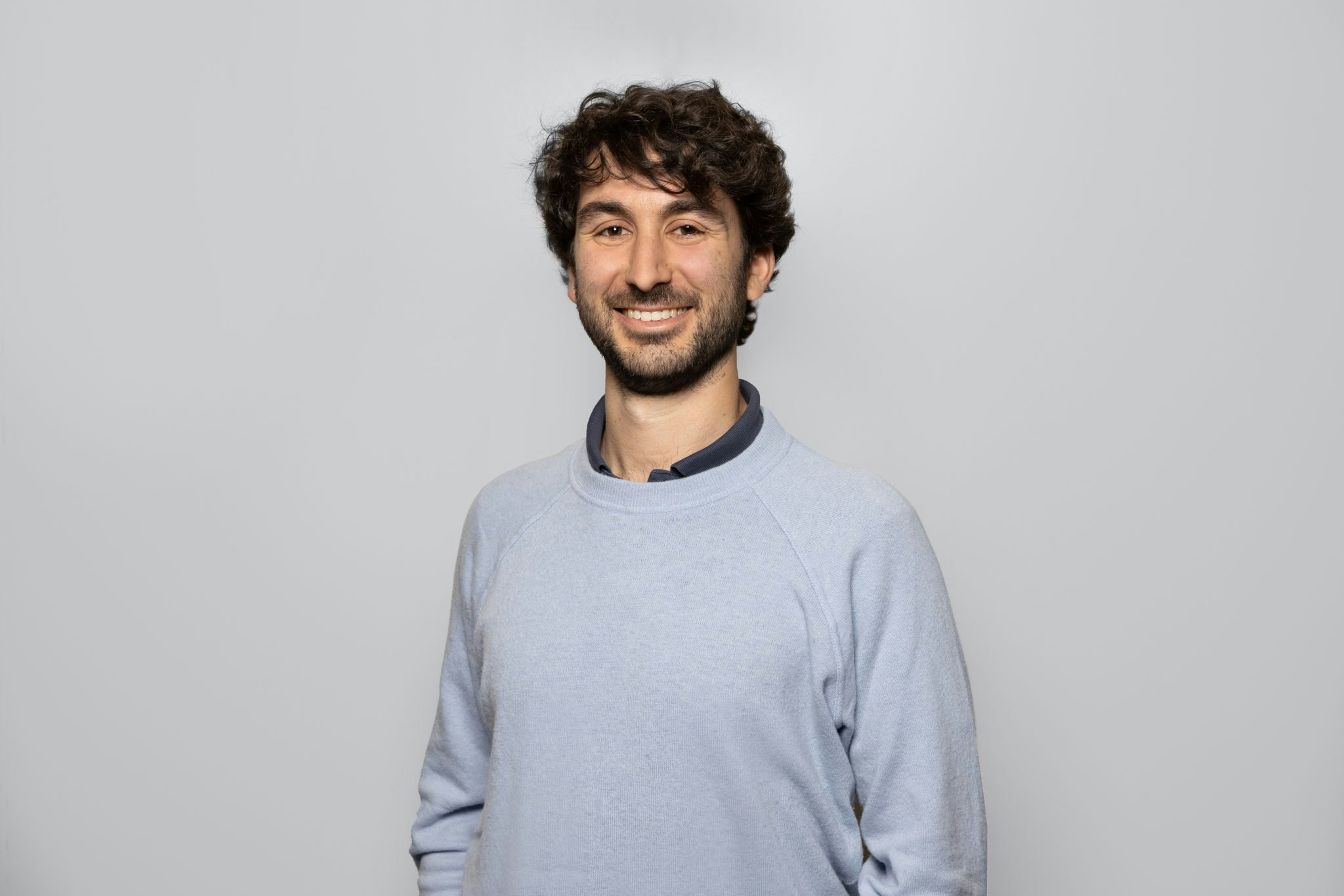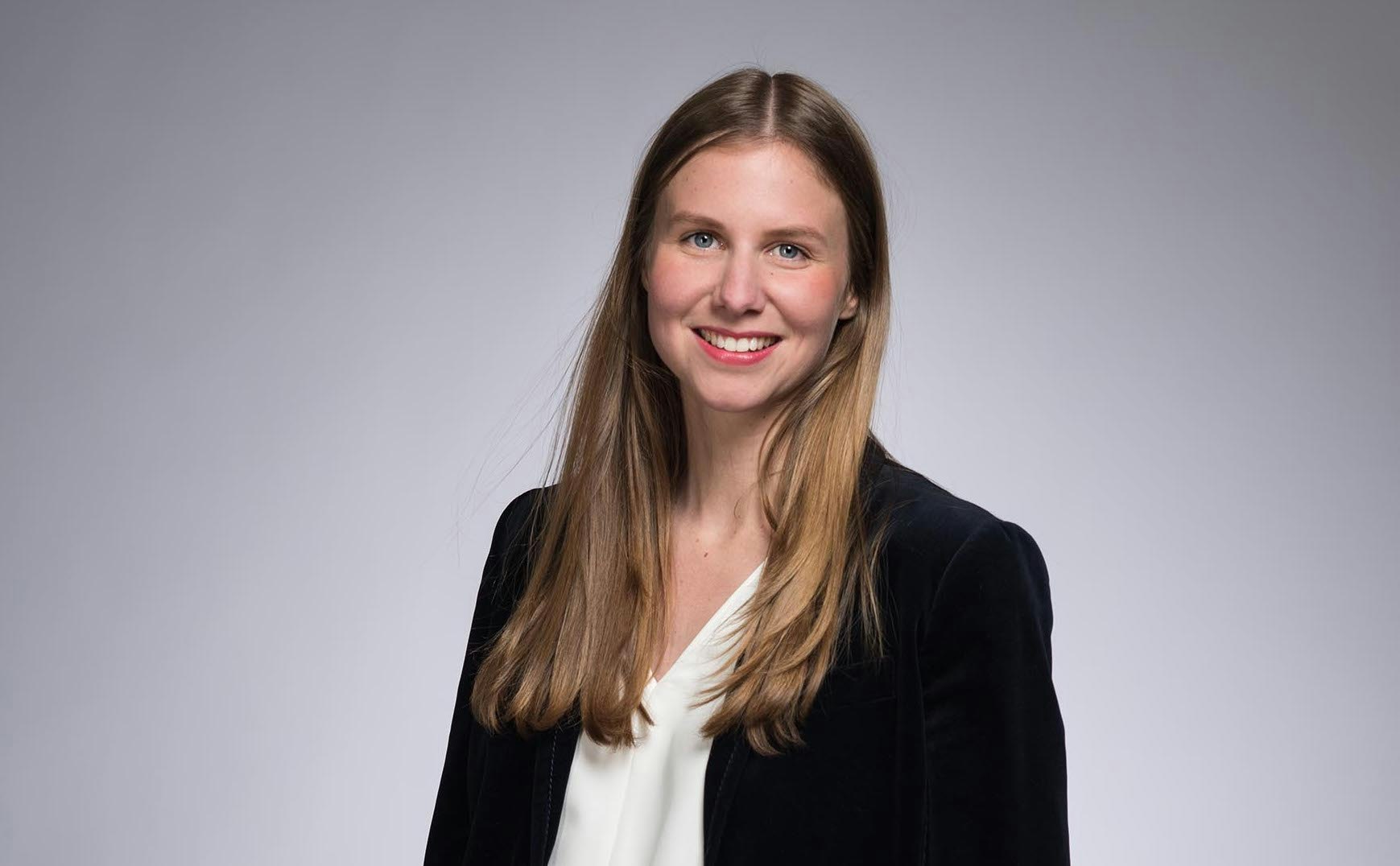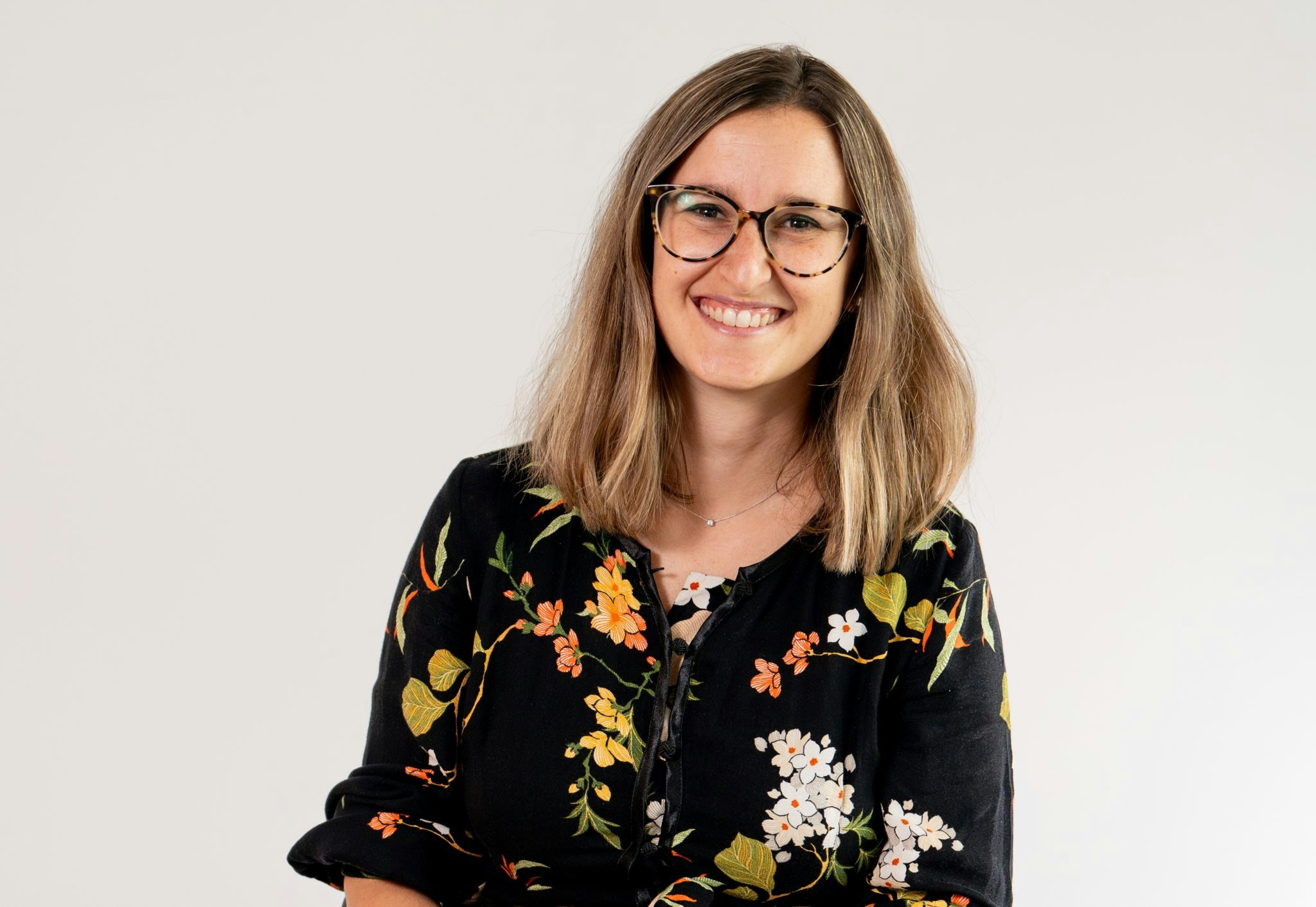Quantum computing startups in Europe have seen a lot of investor interest over the past year as the technology matures and its potential impact in the real world becomes clearer.
For a technology that is yet to generate any significant business value in a tough fundraising environment, that’s no small feat.
Even though quantum computers may eventually unleash unprecedented amounts of compute power, they are constrained for now by their small size and high error rates, which significantly limit their power.
European startups are racing to build a fully fledged quantum computer, as well as the software and infrastructure that it will require — and investors are keeping them under close watch. In 2022, VC investment into quantum computing and processors more than doubled compared to 2021 to reach $257m.
The past year has also seen some encouraging developments for Europe’s quantum scene.
More quantum-focused funds emerged, including a €15m fund closed by Dutch investor QDNL Participations and a €52m fund from Redstone VC. And European quantum startups raised some hefty rounds, starting with French company PASQAL’s €100m fundraise last January — the biggest ever raised in Europe in the sector.
So what’s in store for Europe’s quantum startups in 2024? Sifted asked investors to weigh in.
Money will keep flowing
Investments in quantum technologies across Europe will continue to grow, according to Ion Hauer, principal at Austrian VC APEX Ventures, who predicts that 2024 will see public funding programmes surpass €15bn and private investments reach €500m.
“We expect to see several funding rounds north of €50m,” says Hauer.
Gernot Berger, senior investment manager at German VC HTGF, says that in quantum computing, the money will largely benefit existing players who have already demonstrated tangible progress.
“New entrants aiming to develop quantum computers may encounter challenges in securing substantial financing rounds, as major industry-focused investors have already made their bets,” says Berger.

We’ll see more consolidation
Although spinouts will still emerge, the quantum computing sector will start consolidating.
Mergers will generate growth opportunities for quantum companies, particularly between quantum hardware and software startups that will benefit from developing capabilities together, says Stuart Woods, the COO of UK investor Quantum Exponential.
HTGF’s Berger adds that this trend will be driven by more established players who will “increasingly seek strategic alliances, collaborations, and above all, potential acquisitions to solidify their positions”.

The winning formula for quantum computers will become clearer
Companies are betting on different types of quantum particles to successfully build a quantum computer — mainly atoms, photons, electrons or ions — and it is still unclear which approach will win the race.
Investors are betting that the next twelve months will see one or two contenders emerge as the most promising method — although they don’t all agree on which ones. “Superconducting and neutral atoms [are] strong candidates,” says Francesco Ricciuti, VC associate at Runa Capital.
“Photonics stands out in my opinion, as the inherent advantages and robustness of photons provide optimal conditions for small systems while overcoming the challenges of scalability,” says HTGF’s Berger.

More companies will cross the 1,000-qubit threshold
On the other side of the Atlantic, IBM released a 1,121-qubit quantum processor in early December, just over a month after US startup Atom Computing announced that its technology had exceeded 1,000 qubits.
“I expect that other companies are very close to unlocking this milestone,” says Runa’s Ricciuti. “More announcements will follow in 2024.”
APEX’s Hauer expects that “a system with 2,000 physical qubits will be released” in 2024.

Error correction will significantly improve
Error correction is key to unlocking the full compute power of quantum. It is a process that protects quantum computers from making mistakes because of quantum noise — one of the main reasons that the devices are still limited today.
“Quantum computing hardware demonstrations will move towards error-correction proof of principles, setting the base for the long-term goals of fault-tolerant quantum computing,” says Niccolo Somaschi, cofounder of French quantum startup Quandela.
Use cases will take centre stage
From optimising portfolio investments to improving drug discovery, through forecasting the weather and designing more efficient batteries: quantum startups are already working through a range of possible applications for quantum computers, many of which are showing promising initial results.
Christophe Jurczak, managing partner at VC firm Quantonation, says that end users and investors will start focusing more on what the technology can do in terms of “speed, accuracy, energy consumption, security, precision”, rather than on “debates on specific qubits on technologies”.

The convergence between AI and quantum computing will increase
Quantum computers have long been expected to become a powerful tool to enhance AI models by increasing their speed, efficiency and accuracy. Earlier this year, for example, IBM and biotech giant Moderna announced a partnership to study how quantum computers paired with AI models could advance mRNA research.
More collaborations of this kind will come in 2024. “We expect that the convergence between… AI and quantum computing will increase as it holds immense promise in fields such as drug discovery and material science,” says Floriane de Maupeou, investor at French VC Serena.

Mitigating quantum computing’s impact on cybersecurity will become a priority
Thanks to their significantly higher compute power, quantum computers are expected to be able to crack most modern-day cryptographic protocols — which currently protect companies and organisations’ most sensitive data.
That’s a threat that will become more tangible as the technology matures. “Awareness of the risks to cybersecurity will rise and we expect more organisations to develop and deploy their mitigation strategies towards quantum-safe solutions,” says Chiara Decaroli, a quantum physicist who is part of German VC Redstone’s investment team.
In early December, for example, banking giant HSBC trialled a technology called Quantum Key Distribution (QKD) — a quantum-safe cryptography protocol — to protect a €30m trading scenario from euros to US dollars.

There will be more public procurement of quantum computers
“We expect also to see more public procurement of quantum computers in all geographies, which is rightly recognised as a key tool to bring this industry to maturity,” says Quantonation’s Jurczak, pointing to the 2022 purchase of two quantum processors from PASQAL by the European High Performance Computing Joint Undertaking (EuroHPC JU).
Quantum sensing will grow faster than quantum computing
Although quantum computers often make the headlines, quantum systems can also be applied to other technologies. In particular, they make for high-precision quantum sensors and safer quantum communications.
Quantum Exponential’s Stuart Woods says that quantum sensing will grow more quickly and commercialise faster than quantum computing in the next year. Quantum sensors will be particularly suited to medical applications, smart infrastructure and climate-related emissions detection.
“Startups like QLM, Delta g, Aquark Technologies and Cerca Magnetics are already making impressive moves in this field, and in the next year, we can expect to see the first quantum sensors go into FDA certification and be tested in smart infrastructure,” says Woods.


